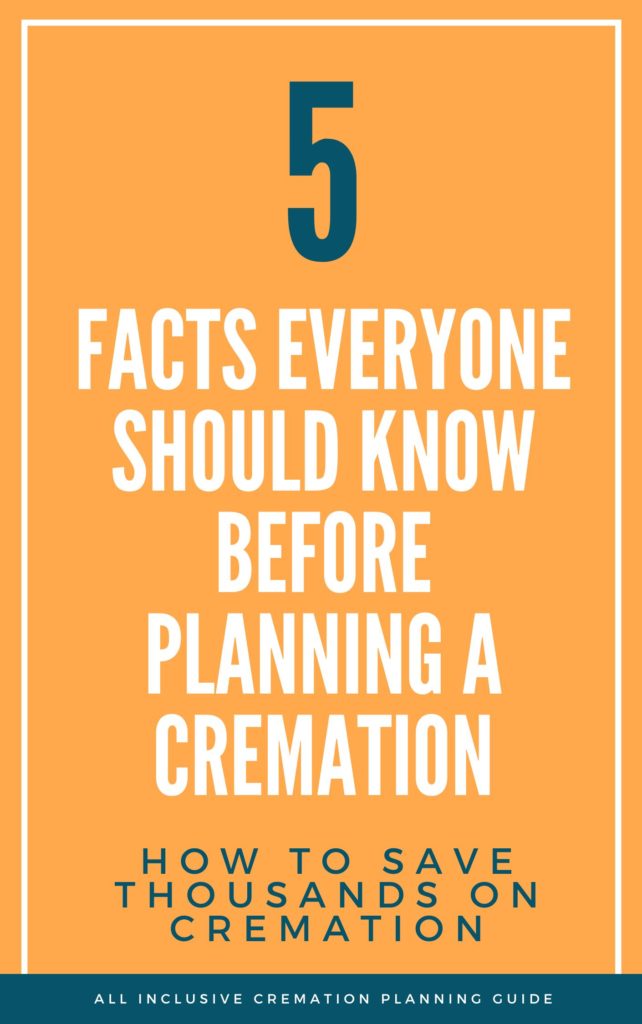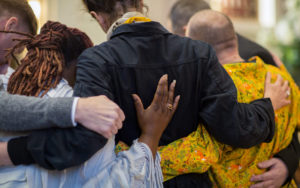Losing a loved one can be one of the most difficult experiences anyone can go through. After a funeral service, it’s normal to experience a wide range of emotions, from sadness and grief to anger, confusion, and guilt. Coping with grief and loss is a highly personal and individual process, and there is no “right” way to grieve. However, there are a number of strategies that you can use to help you cope with the emotional aftermath of a funeral service.
In this guide, we’ll provide a comprehensive overview of coping strategies and resources that are available to help you navigate the grieving process. Whether you’re looking for ways to manage your emotions, connect with others who have experienced loss, or find support and guidance, this guide has you covered.
Allow Yourself to Grieve
The first step in coping with grief and loss after a funeral service is to allow yourself to grieve. Grief is a natural and normal response to loss, and it’s important to acknowledge and honor your emotions. Give yourself permission to feel your emotions, whether it’s sadness, anger, guilt, or any other feeling.
Grief can manifest itself in many different ways, and it’s important to understand that there is no “right” way to grieve. Some people may feel overwhelming sadness and despair, while others may feel numb or disconnected from their emotions. Whatever your experience, it’s important to know that your feelings are valid and normal.
Connect with Others
Connecting with others who have experienced loss can be a powerful way to cope with grief. Seek out support groups or online communities where you can connect with others who are going through similar experiences. Talking to others who understand what you’re going through can help to normalize your emotions and provide a sense of comfort and understanding.
You can also reach out to family and friends for support. Sometimes, just having someone to talk to can make a big difference. If you’re feeling overwhelmed, don’t hesitate to ask for help.
Take Care of Yourself
It’s important to prioritize your own self-care during the grieving process. This can include taking care of your physical health, such as getting enough sleep, eating healthy foods, and exercising. It can also include taking time to engage in activities that you enjoy, whether it’s reading a book, taking a walk in nature, or spending time with friends.
It’s also important to be patient and compassionate with yourself. Grief is a process, and it takes time to heal. Don’t expect yourself to “get over it” quickly, and try not to judge yourself for how you’re feeling.
Seek Professional Support
If you’re struggling to cope with grief and loss on your own, it may be helpful to seek professional support. Consider reaching out to a therapist, grief counselor, or other mental health professional who can provide guidance and support as you navigate the grieving process.
Therapy can be a safe and supportive space to process your emotions, gain new coping skills, and find ways to move forward in your life. Your therapist can also provide resources and referrals to other professionals and organizations that may be helpful.
Create a Ritual or Memorial
Creating a ritual or memorial can be a powerful way to honor the memory of your loved one and find closure after a funeral service. This can include creating a memorial garden, lighting a candle in your loved one’s memory, or creating a scrapbook or photo album of your favorite memories together.
The act of creating something in honor of your loved one can be a healing and meaningful experience. It can also help you feel connected to your loved one and keep their memory alive.
Remember Your Loved One
Another way to cope with grief and loss after a funeral service is to find ways to remember your loved one. This can include talking about them with others, looking at old photographs, or watching videos of happy memories you shared.
You can also consider creating a special tribute in their memory. This could be something as simple as lighting a candle on their birthday, or something more involved like starting a scholarship or charitable foundation in their name. The act of doing something positive and meaningful in honor of your loved one can help you feel like you are carrying on their legacy.
Take One Day at a Time
It’s important to remember that the grieving process is not linear, and there is no set timeline for healing. Some days you may feel better than others, and that’s okay. Take things one day at a time and be gentle with yourself as you navigate the ups and downs of the grieving process.
Remember that healing takes time, and there is no “right” way to cope with grief and loss. Everyone’s journey is different, and it’s important to be patient and compassionate with yourself as you work through your emotions.
Get Help if You Need It
If you’re struggling to cope with grief and loss after a funeral service, it’s important to get help if you need it. There are many resources available, including support groups, therapists, and grief counselors, who can help you navigate the healing process.
Additionally, many funeral homes and organizations offer grief support services, including counseling, support groups, and resources. Don’t hesitate to reach out and ask for help if you need it.
In Conclusion
Coping with grief and loss after a funeral service is a deeply personal and individual experience. However, there are many strategies and resources available to help you navigate the process. Whether you choose to connect with others, seek professional support, or create a ritual or memorial, remember to be patient and compassionate with yourself as you heal.
If you are struggling to cope with grief and loss after a funeral service, remember that you don’t have to go through it alone. Reach out for help if you need it, and remember that healing takes time. With time and support, you will be able to move forward and find peace after your loss.







